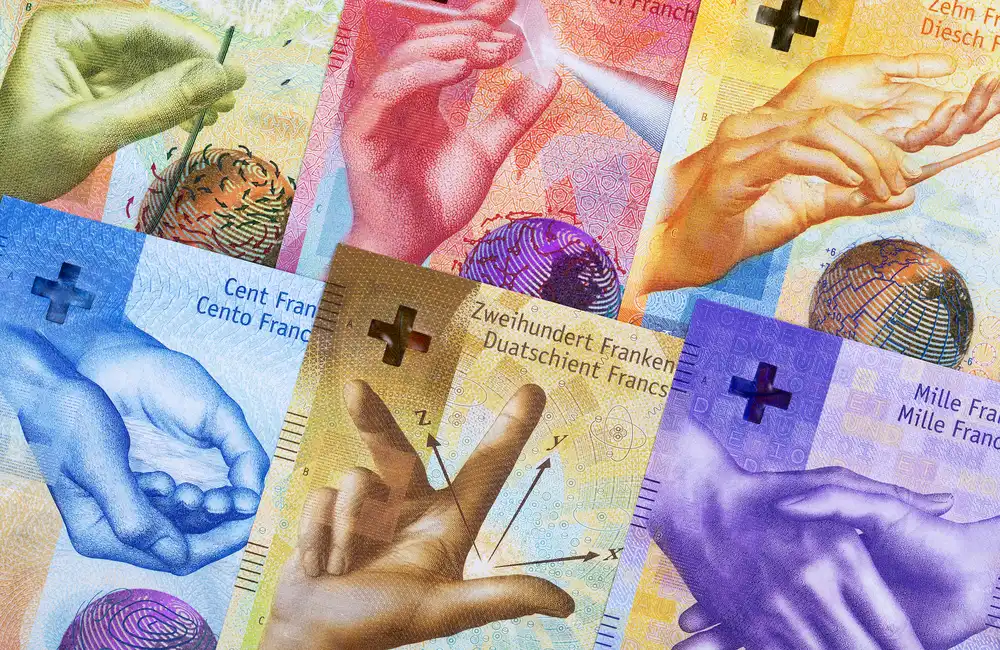With 2025 already off to a momentous start in financial markets, the performance of CHF-hedged exchange-traded funds (ETFs) has been closely watched.
These vehicles, designed to mitigate currency risk for investors exposed to non‑Swiss franc assets, are increasingly popular among both institutional and retail investors. At a time when foreign exchange volatility remains a key concern, this article breaks down the performance of CHF‑hedged ETFs in Q1 2025, unpacks the driving forces behind these results, and examines strategies for investors navigating this nuanced landscape.
Understanding CHF‑Hedged ETFs
CHF‑hedged ETFs give Swiss‑based investors exposure to global equities, bonds or other assets while neutralising exchange‑rate fluctuations. Returns align more closely with the underlying market performance, not currency swings.
For example, a GBP‑hedged UK equity ETF lets Swiss investors capture stock returns without GBP/CHF noise.
Key Performance Trends in Q1 2025
Resilience Amid Currency Volatility
The CHF’s safe‑haven demand drove modest appreciation against major currencies, helping equity‑focused hedged ETFs outperform unhedged versions in CHF terms.
Interest Rate Disparities Impact Hedging Efficiency
Low SNB rates slightly raised hedging costs for USD/CHF pairs, though well‑managed ETF fee structures kept impacts marginal. Higher global rates made UK and US bond hedges more costly, muting fixed‑income returns.
Sector‑Specific Outcomes
Tech‑heavy hedged ETFs outperformed on AI and green‑energy optimism, while materials and energy funds lagged amid commodity volatility and China demand concerns.
Emerging Market Exposure
Hedged emerging‑market ETFs allowed Swiss investors to capture recovery gains without uncompensated FX risk, despite significant local currency movements.
Key Drivers Behind These Trends
Strong CHF demand, central‑bank rate divergence, sector rotations and shifting global risk appetite shaped hedged ETF returns in early 2025.
Considerations for Investors
Assess Your Investment Horizon
Short‑ and medium‑term investors benefit most from hedging’s stability, aligning ETF choice with timeframes.
Account for Hedging Costs
Understand how interest‑rate differentials affect ETF fees versus unhedged alternatives.
Diversify Across Sectors
Combine broad‑market and sector‑specific hedged ETFs to balance growth and risk.
Stay Vigilant to Macro Trends
Monitor monetary policy shifts, geopolitical events and FX movements to optimise timing.
Outlook for Q2 2025 and Beyond
Central‑bank divergence will keep hedging costs key, while sector rotations may reveal fresh opportunities. Proactive strategy adjustments will be essential.
Final Thoughts
CHF‑hedged ETFs offered Swiss investors stability and sector exposure in Q1 2025. As global dynamics evolve, they remain a vital tool to enhance returns while managing currency risk.























